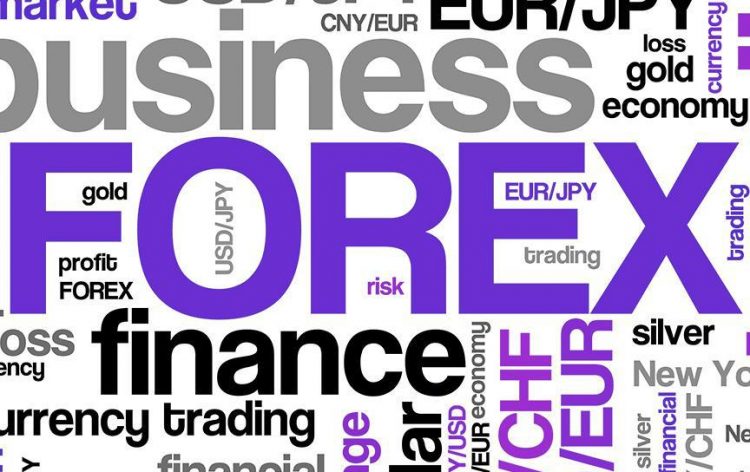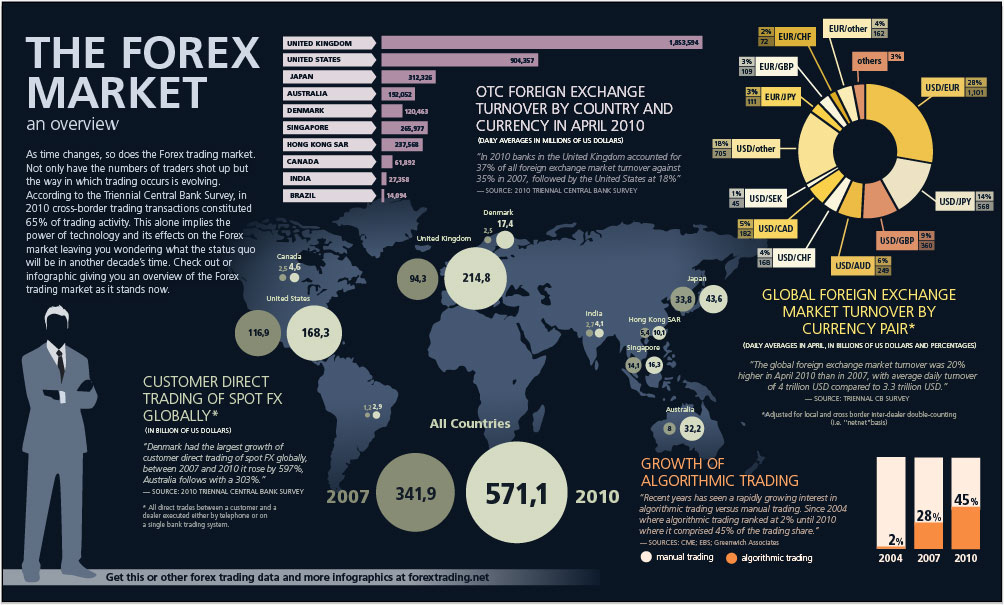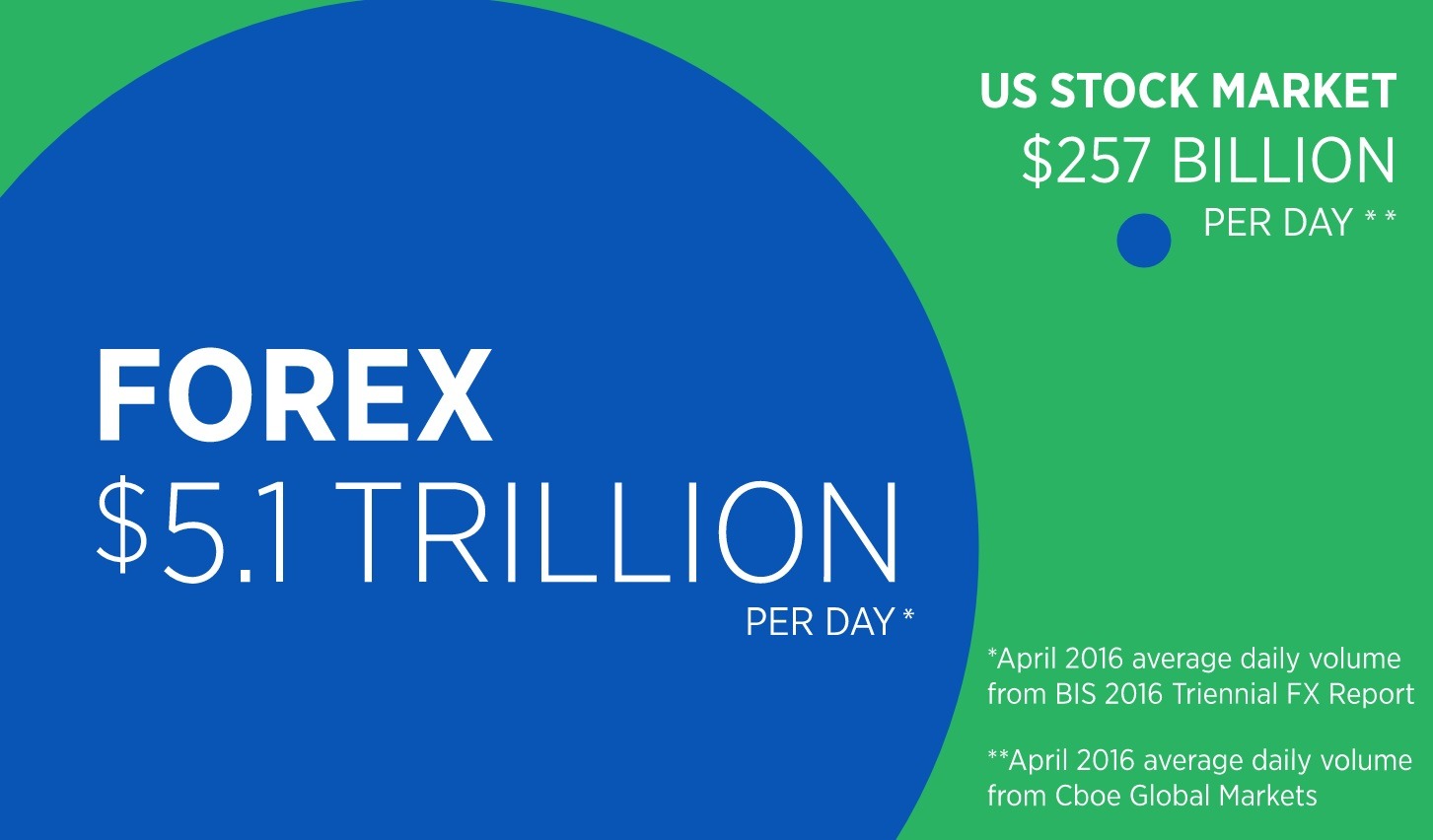Will FX multi-asset features be the future of FX brokers?

The forex industry is a highly competitive area of finance. First, there is a lot of trading volume, about $5.1 trillion according to the Bank for International Settlements (BIS). Then there is the huge number of forex brokers that offer their services, over a thousand worldwide. FX brokers had to come up with ways to one-up each other just to survive. The latest feature that brokers are adding nowadays is multi-asset offerings.

What are FX multi-asset offerings by brokers?
Previously, FX brokers could keep an edge over their competitors by offering tighter spreads and faster execution speeds. These features have now become inconsequential because almost all brokers can provide excellent services in these areas. However, the brokers realized that traders may be craving for a variety of products beyond currency pairs.
Today, that unique feature is FX multi-asset offerings. Forex traders want to trade on different markets beyond forex, and these FX multi-asset features enable them to do that. Some of the markets made available to traders through multi-asset features include stocks, commodities, indices, ETFs and even bonds.
Several brokers are already offering FX multi-asset features, and more keep including this feature with time. The most common assets included in FX multi-asset offerings are energies like WTI and Brent crude oil and metals like gold and silver. Recently, cryptocurrencies like Bitcoin and Ethereum too have been added. Some FX brokers even offer futures for agricultural commodities like wheat, coffee, soybeans, etc. and stocks listed on the NYSE and LSE.
Why don’t all FX brokers offer these services?
The primary problem with these FX multi-asset features is that they don’t provide as much liquidity as the forex market itself. Compared to the $5.1 trillion FX industry, the commodities market, for example, is very tiny. It doesn’t mean that these markets aren’t profitable, far from it, but they don’t experience the daily volatility seen in the FX market.

Therefore, to provide FX multi-asset features, forex brokers are forced to use the derivatives market. However, this poses a risk to themselves because they have to assume the loss whenever a trader makes a profit, and hope that they have deeper pockets than they do. This problem is only among small brokerages, though, since the large institutions have a lot of capital and clients. With the huge capital, these FX brokers can hedge their traders’ positions in the actual underlying market and prevent losses on their part.
How will FX brokers deal with this predicament
It is obvious that the retail trader wants to trade other markets, and the FX brokers have no option but to provide for them. Otherwise, these traders will just find another broker offering FX multi-asset features. In future, this will be the main battleground among FX brokers, and soon we shall see trading conditions in the derivatives market become fierce.


























Comments (0 comment(s))